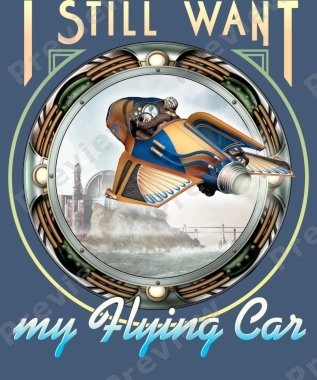“They hate unpredictability. They hate anything which is in any way different. Since real art encourages you to be different, encourages you to recognize that you are different and special, and that’s in a way the essence of art. I mean, art is the perfect antidote to any sort of collectivism, so it is just the natural enemy [to totalitarianism], which is why I think the art that rose to the top in the GDR for me isn’t art at all. It is something that vaguely resembles art, but it is not at all the deep kind of experience that will help you explore your soul.” – Writer – director Florian Henckel von Donnersmarck of The Lives of Other People
This is romantic, but it’s also true. We’ve all become a bit cynical about art’s ability to truly make us conscious, certainly we know it doesn’t always make us good. But the paradox is that it can both connect us to others but yet also lead us to understand (and even assert) our separate selves. We see this dual process in the growth of the Stasi official, played by Ulrich Mühe in The Lives of Other People (Das Leben der Anderen). The dead hand of the government twists and destroys; it grinds down and isolates him not only from others but from an understanding of his own humanity. The director describes the tension between principle and feeling; in America we have long seen this as the tension between heart and head, ideology and humanity. Whatever we call them, we understand the process.


